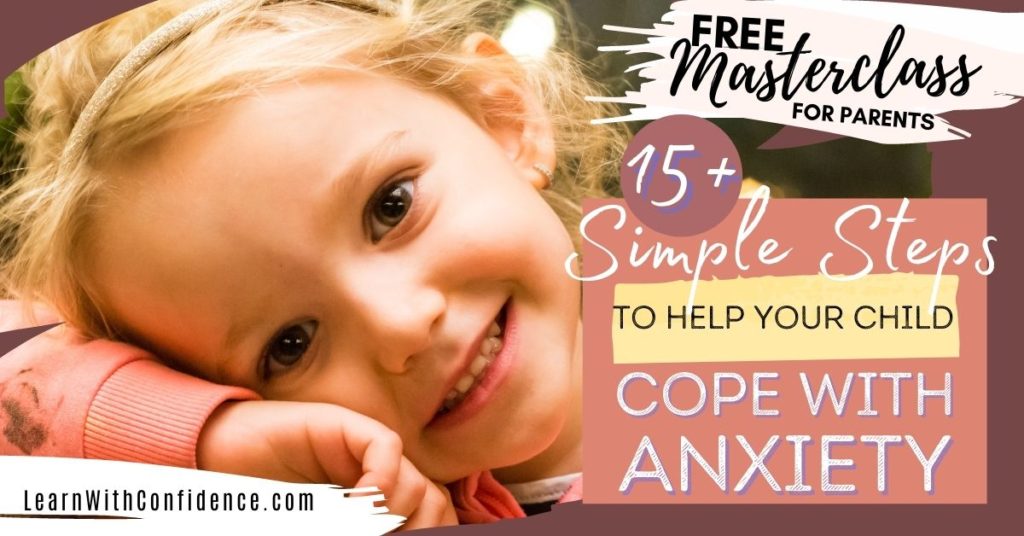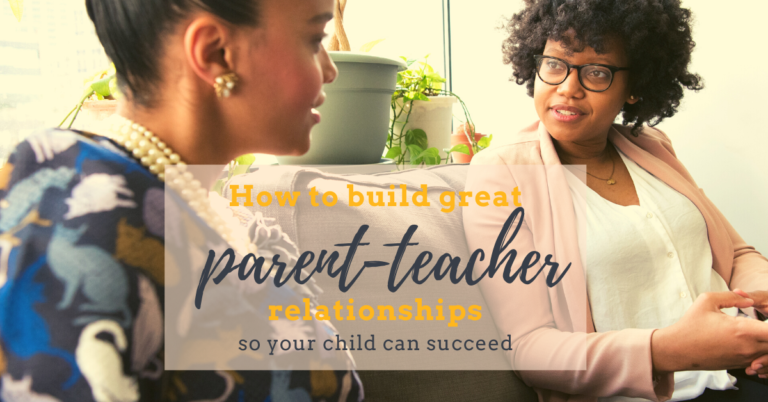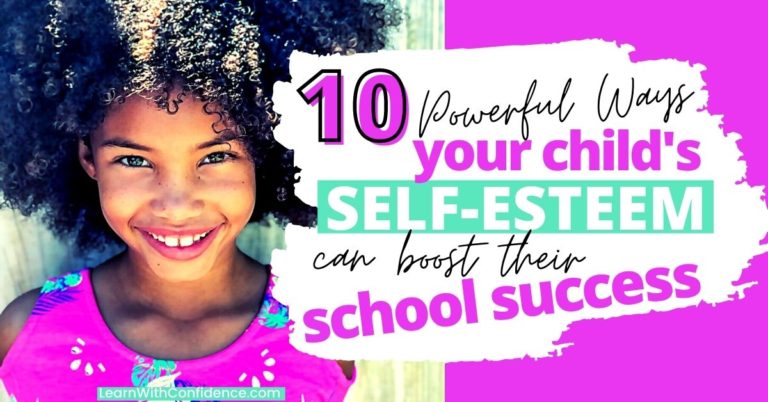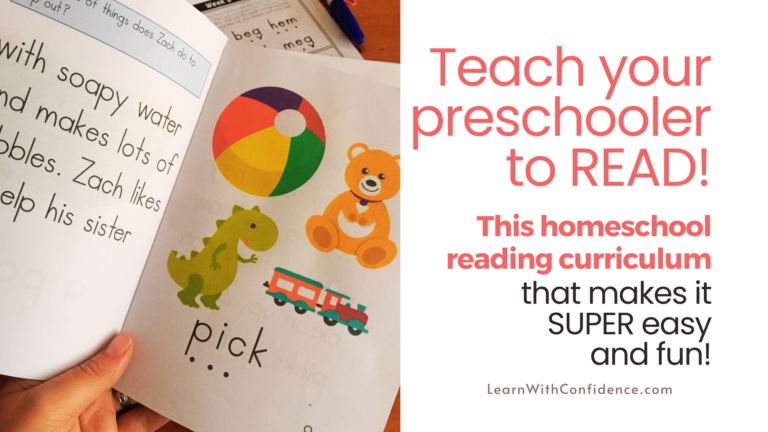Does your child have learning gaps? This is what you can do about it.
It can really knock your child’s confidence when they have learning gaps. There’s nothing much worse than seeing your child struggling and not knowing where to even start helping them! There are many things that create and affect these gaps and if you can determine where the gaps are and what caused them, it’s much easier to intervene to close them.
It’s so hard to see your child struggling in school.
To see them trying to solve those Math problems but they just keep getting it wrong. When they study so hard and they feel so confident going into a test, but they get that grade back and it’s way below what they’d hoped for. Again. When they’ve just given up – “I just can’t do it, Mom.”
Chances are, your child has some learning gaps and that’s why everything they try to build onto those gaps is crumbling.
Here’s your chance to make a difference to your child’s education, and more importantly to their confidence, as you figure out where those learning gaps are and how to close them.
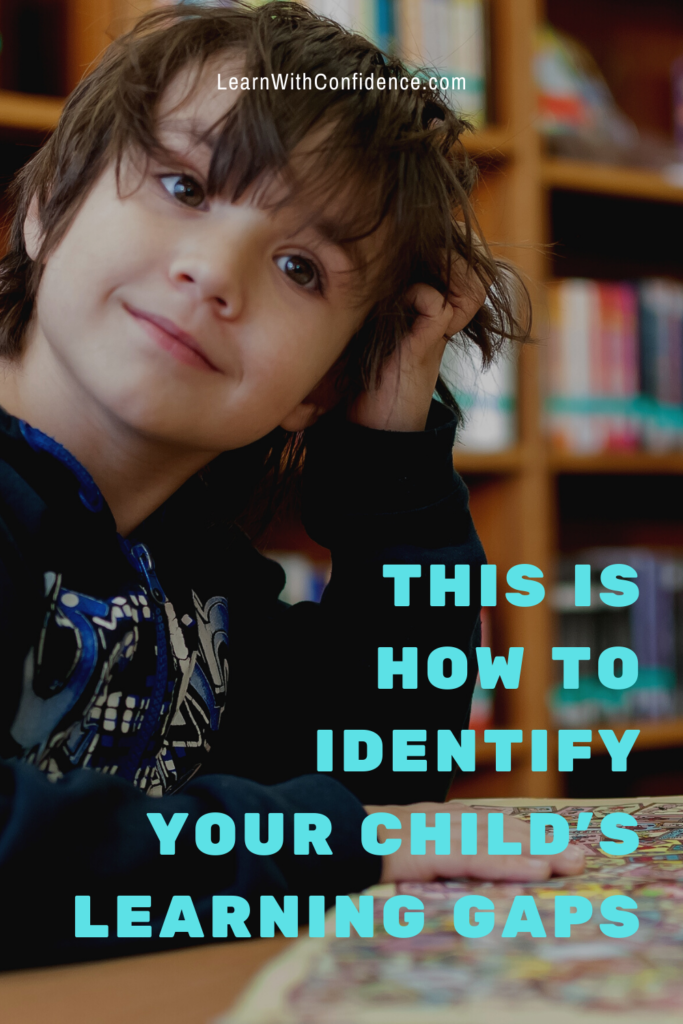
Learning is like building.
The easiest way to understand this is to use the analogy of constructing a building.
The most important part of any building is the foundation. But every brick that’s added is important too! And that’s how it is with learning too!
There are foundations that must be laid well. This is the basic knowledge and skills that underpin every other educational skill in following years.
But every “brick” or concept that is built onto that foundation, is important too because it forms a base for the brick laid on top of it. So even if a child’s foundations are fantastic, they can still have gaps in the concepts that are laid later on.
Does my child have Learning Gaps?
When you figure out if your child has learning gaps, specifically what they are and where they come from, you can help your child to work on closing those gaps.
What are learning gaps?
Learning gaps are exactly what they sound like – gaps in a child’s learning.
It’s the difference between what a child has been taught or should have achieved, at a certain point, and what they’ve actually achieved.
What causes them?
Knowing what has caused a learning gap is crucial to the process of closing it.
Here are a few examples of the things that can cause a child to have develop learning gaps:
- Learning challenges such as dyslexia, auditory or visual processing challenges, ADHD and dyscalculia.
- Physical challenges like a physical disability, problems with sight or hearing ability, poor muscle tone, core strength and shoulder stability.
- Early development problems associated with fine motor or gross motor skill development.
- Disruptions in the home or family, such as parental separation, moving house or the death of a loved one. This also includes disruptions in the classroom like bullying, friendship issues or a change in a teacher halfway through the year.
- Learning all their schoolwork in a second or third language.
- Poor teaching at school.
- Poor support at home.
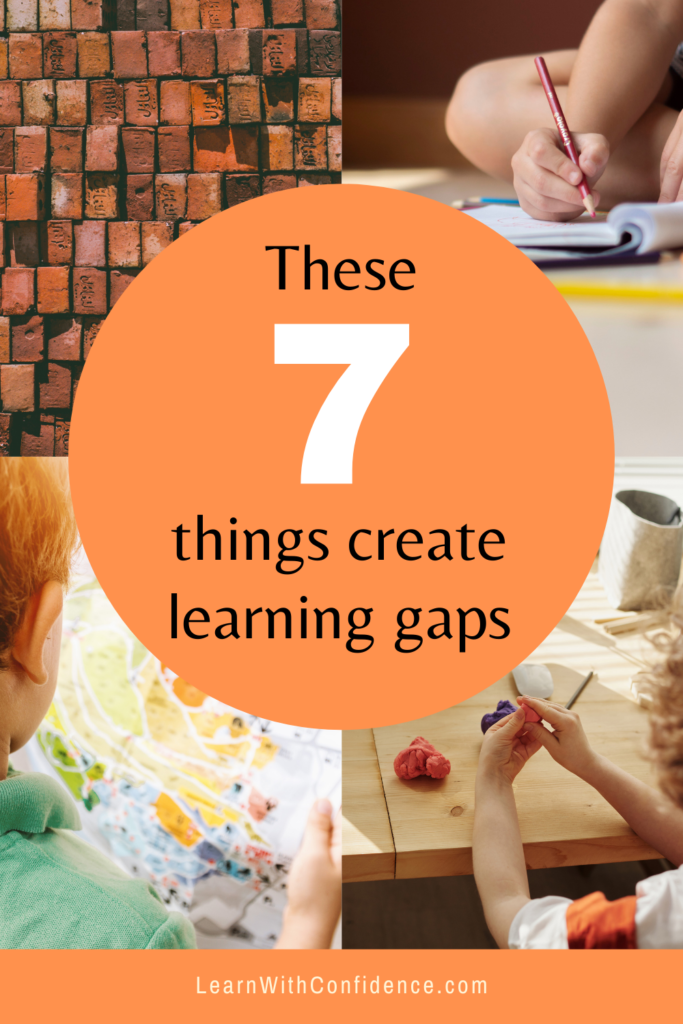
How do I know if my child has learning gaps?
The simple answer is this: If they’re struggling with a concept or topic or subject or maybe just with school in general, they probably have some learning gaps.
The extent of the gaps depends on the causes and on how long they’ve been building on those shaky foundations.
For causes like learning challenges or learning in a second or third language, the gaps will probably extend across subjects and influence all of the child’s learning. If poor teaching was the issue, a child may have gaps in that subject or in the concepts the teacher taught him or her.
Determining the actual, individual learning gaps will take some time and insight from your child’s teachers! Using a checklist like this one can really help to know what knowledge and skills your child should have and if they’re missing anything.
Will my child be ok?
I think a lot of children go through their school careers with learning gaps and they cope just fine. Could they have achieved more? Yes, probably. Will they be a complete academic failure? No, probably not!
But the first issue to consider is the extent of the learning gaps.
A few gaps here and there may make learning a concept a bit more difficult or maybe that concept is just never grasped. The “building” might be slightly compromised, but it’s not going to fall down any time soon.
If there are lots of gaps and these gaps are found across the board. The “building” may be very compromised, on the brink of collapse, and ready to take your child’s confidence and self-esteem right down with it.
The other problem is what has been built around those gaps.
Sometimes a new concept or skill just cannot be learned because the foundations for that concept don’t exist in your child’s “building”. Sometimes, new concepts can be built around the gap, but, as you can imagine, they’re not very secure. So, maybe on a surface level, your child appears to understand, but deeper in, the connections haven’t been made or are incorrect.

It’s time for an example
Let’s make this a bit more practical…
How about the fun Math topic of Fractions – because LOADS of kids seem to struggle with this one.
Let’ say your child needs to add or subtract with fractions, he might get a sum like this: 1 – 1/4 = ?
This means there was 1 whole chocolate and I ate 1/4 of it, how much do I have left?
Here are some of the concepts your child needs to know to do this sum:
- Your child first needs to understand this whole chocolate is split up into 4 pieces, because the denominator (bottom number) is a 4. So one whole chocolate is the same as 4/4 or 4-quarters.
- Then they must understand that one of those pieces was subtracted, taken away, eaten. And they must be able to work out that there are 3 pieces left.
- Finally your child must be able to represent that information as a fraction 3/4 or 3-quarters.
If your child hasn’t grasped the concept of splitting a whole into parts (1 whole chocolate into 4-quarters) – this is the learning gap. It’s very likely they will struggle with everything else that builds on that concept and they will not be able to add and subtract fractions effectively.
What can I do to close those learning gaps?
These are some practical ways you, as a Momma, and your child’s champion, can step in and make sure those gaps are closed.
Your role as a parent
Lots parents believe it’s the teacher’s responsibility to fix the problem. The fact that you’re here, reading this post, means that you’re probably not one of those parents!
You want to help your child overcome these challenges. And that is awesome!
The first thing to do is be supportive of your child. If they’re struggling, they’ve probably lost all motivation to do their best or even try. That can be super frustrating for you as a mom, because you know they have the potential but they just won’t work! So understand ‘from whence it comes’ and be willing to stay the course with them.
They’re probably experiencing some anxiety and the best way for your to support them is to become equipped with some practical tips for helping your child cope with this anxiety.
The second thing that is vital is collaborating with your child’s teachers. When you sit down together and both share your concerns, you’ll be able to figure out where the gaps are, what’s caused them and what interventions can close those gaps.
Closing gaps depends on the cause.
Learning gaps can be the result of many different factors, or just one. But determining the cause is really important if you want to intervene.
The cause might be that a concept was poorly taught and your child needs it explained again. Or, the cause may be that your child has auditory processing challenges and was not able to process the concept properly when it was taught in school.
The way you’d intervene in the latter example is vastly different than just re-explaining a concept.
Let’s look at how you can go about addressing different types of challenges:
1) Learning challenges
If you or the teacher suspect the root cause is a learning challenge like attention problems, dyslexia, auditory processing problems, the best thing to do is pop in to an educational psychologist for an educational assessment.
They’ll be able to tell you exactly where your child’s strengths and weaknesses lie, what challenges your child is facing and how you can help your child at home and how the teachers can help in the classroom.
An educational psychologist might recommend help from other professionals that can assist, such as a Speech and Hearing Therapist, who can assist with learning challenges involving language and auditory processing.
2) Physical challenges
If learning gaps are a result of a physical challenge like a disability, you need to work together with the school to see where accommodations can be made.
If the physical challenge appears to be one involving sight or hearing ability, you should take your child to an optometrist or audiologist for a check up. Something as simple as getting glasses, can revolutionize your child’s learning in school.
If a child lacks muscle tone, core strength or shoulder stability, these can affect their writing ability for example, meaning they might take longer and battle to stay on top of their work in class. Enroll your child in some exercise classes such as Pilates or swimming. Or get in touch with an Occupational Therapist to help your child with exercises focused on developing those things.
3) Developmental challenges
Occupational therapists and educational psychologists are the best professionals to help with these types of challenges.
If there are gaps due to a lack of fine or gross motor skills, you can find fun activities that can help your child improve in those areas. Make it age appropriate though – playing with playdoh might be great for a toddler but an 11 year old might prefer molding fondant into cake toppers! Playing on a jungle gym may be great for a preschooler, but a 12 year old might prefer a rock-climbing gym.
If your child can’t acquire those skills, accommodations can be made. For example, a child who has not developed good writing (fine motor) skills, and whose writing will rival the local doctor for being illegible, may be able to have the assistance of a scribe in tests and exams.
4) Disruptions
Life happens. Some things are within our control and others aren’t. When it comes to disruptions in the home or classroom – Control what you can, cope with what you can’t.
Disruptions like moving house or renovating, parents separating, a death in the family, introducing a new baby, all of these upset the ‘normal’ our children are used to and can set them back in their school work.
Always keep your child’s teacher in the loop, so they know the context to your child’s school day. Your child might need some extra support, like play therapy, to work through a trauma or the emotions they’re experiencing after a disruption, like a death or separation.
(And don’t forget to take care of yourself through those life disruptions too, Momma! You’re no good to anyone if you’re not ok!)
5) Language barriers
If your child has learning gaps because they’re learning in their second or third language, they may be struggling with many subjects. Even though they have the capacity to excel, language is the barrier blocking them from doing that!
Get a tutor who can speak their language – literally. The tutor can re-teach the school work or concepts they child is struggling with in you child’s home language. Having some extra lessons in the language they’re being taught in would also help to improve their proficiency and confidence to learn in it at school.
6) Poor teaching
This one may be beyond your control.
If a concept isn’t taught well or in a way your child understands, this can create learning gaps. Sometimes this is a teacher issue (they’re not a subject specialist in that subject). Sometimes it’s a child issue (eg, they don’t like or connect well with the teacher).
Whatever the issue, connect with the teacher about it and try to resolve any issues. If this was the problem but a few years ago, it’ll be best to reteach your child those concepts, or get a tutor to help you with that, and make sure those gaps are closed!
You can use revision worksheets and other resources to see if there are gaps and practice those
7) Poor support at home
This is a tough one to face. But we have to be honest here. For the sake of our children.
Sometimes children miss concepts and skills because they haven’t done their homework or school assignments, because it hasn’t been prioritized at home. Sometimes a child struggles with some of the other possible causes mentioned above and they don’t have the support, resources and input they actually really need to succeed.
Prioritize those things that will afford your child all the support he or she needs to prevent any further gaps and close the ones that already exist.
Closing learning gaps takes time.
This process is going to take some time. Finding the gaps, figuring out their root causes and then closing those gaps is going to take time.
But, the good news is this – once you’re working on closing those gaps, your child is going to start to experience success. And when that happens, that hopelessness your child has been feeling; that helplessness you’ve been experiencing, that starts to go away.
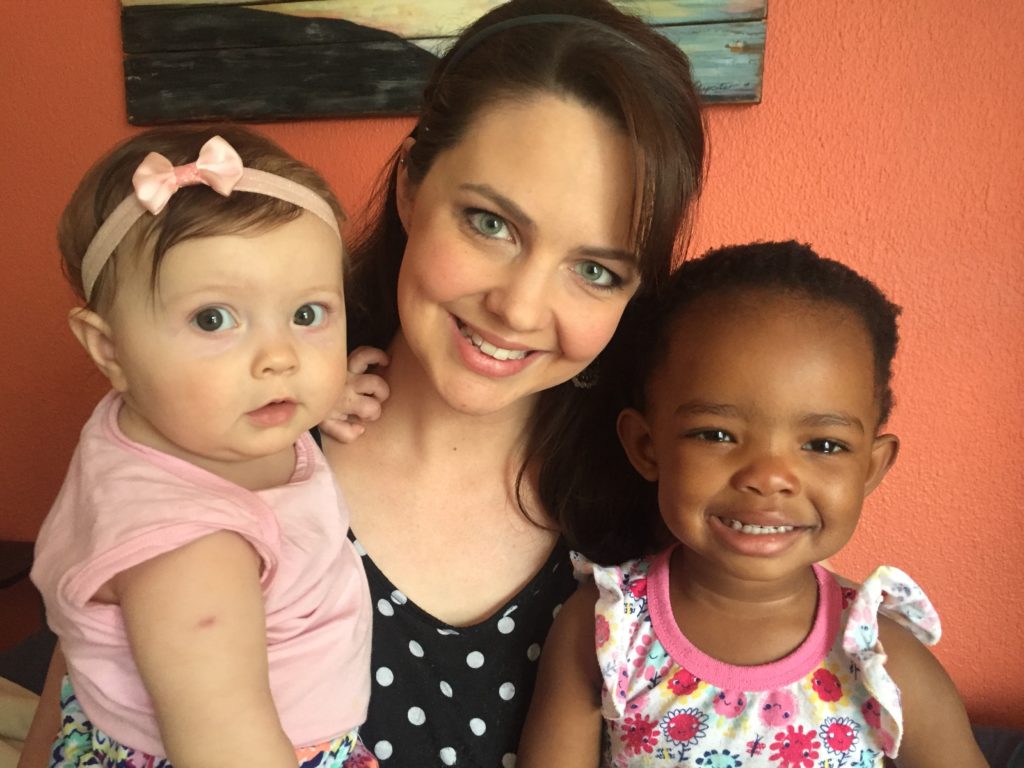
I would love to connect with you and hear all about your experiences as a mom! And I’d love to include you in this community of Mommies as we support each other and grow together to become the best moms we can be!
Please subscribe to my emailing list here and I’ll make sure I keep you in the loop on all the latest blog posts, freebies and resources!


